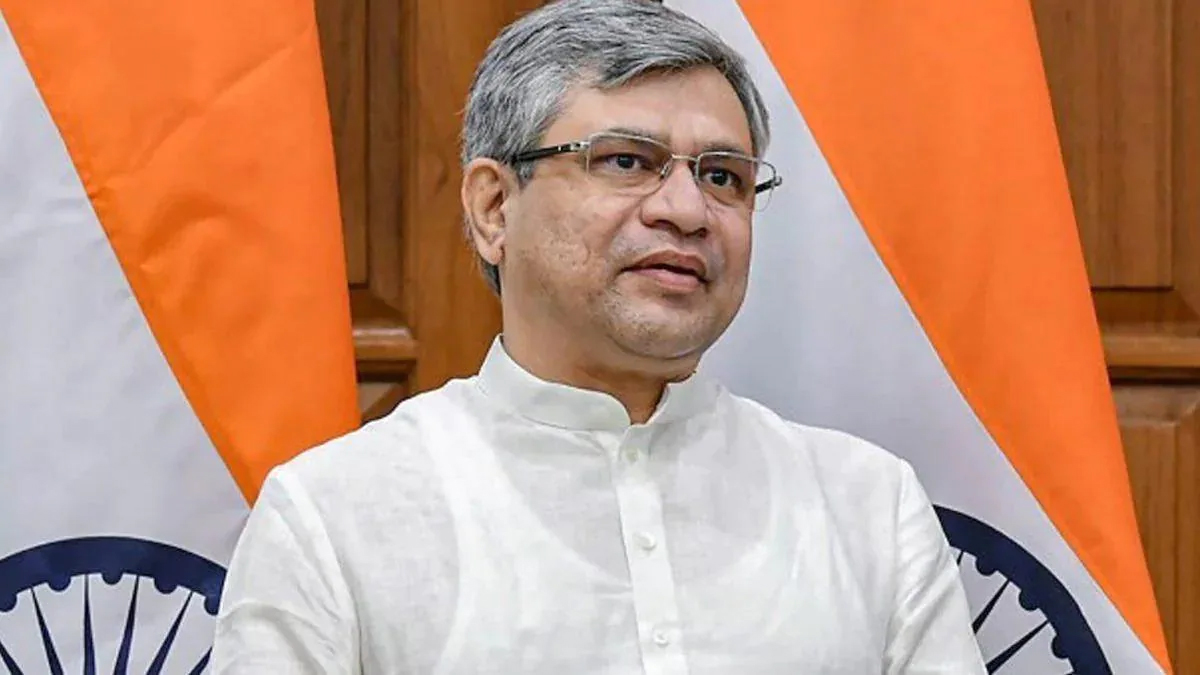New Delhi, July 5: Owing to the importance of social media and its reach, Union Information Technology Minister Ashwini Vaishnaw on Tuesday said that the Indian Government will make social media accountable for its content.
“Social media accountability has become a valid question globally. It’s important to hold it accountable, which will first start with self-regulation, then industry regulation, followed by government regulation…” said Vaishnaw.
The announcement comes amid reports of Twitter pursuing judicial review to overturn Indian government orders to take down content on the social media platform, a source familiar with the matter said.
As per Reuters, Twitter alleged abuse of power by the Indian officials. Twitter argues in its request for a judicial review that some removal orders fell short of the procedural requirements of India’s IT Act, the source said, without specifying which ones Twitter wanted to be reviewed.
Meanwhile, the IT Minister said that the Internet on mobile phones and social media platforms has brought powerful and transformative changes, but it must come with the realisation of responsibilities, the minister said emphasising that social media and the digital world need to be made more accountable.
Regarding Twitter pursuing legal review of Indian orders, Vaishnaw said, “Be it any company, in any sector, they should abide the laws of India. This is the responsibility of everyone to abide by the laws passed by the Parliament.”
Twitter has been asked by Indian authorities over the past year to act on content including accounts supportive of an independent Sikh state, posts alleged to have spread misinformation about protests by farmers and tweets critical of the government’s handling of the COVID-19 pandemic, Reuters reported.
The Indian government has previously said that big social media firms, including Twitter, have not complied with removal requests, despite their legal standing.
“Whatever legal changes are required, we will do. Within media groups, the self-regulation needed… self-regulation will be done…but wherever needed, we will take all steps to make social media more accountable,” said Vaishnaw.
The IT Minister also talked about the profit-sharing of the social media platforms. He said that reporters and journalists too should be paid by the social media platforms, if they use their inputs.
Vaishnaw also highlighted the issue of Virtual Private Network (VPN). VPN is an encrypted connection over the Internet from a device to a network. The encrypted connection helps ensure that sensitive data is safely transmitted.
It prevents unauthorized people from eavesdropping on the traffic and allows the user to conduct work remotely. VPN technology is widely used in corporate environments.
Talking about new VPN directives that came into effect on June 28, he said that it was necessary to establish a protected network connection when using public networks.
“VPNs encrypt your internet traffic and disguise your online identity. This makes it more difficult for third parties to track your activities online and steal data,” he said.
India’s cybersecurity agency passed a rule mandating VPN providers to record and keep their customers’ logs for 180 days. It also asked these firms to collect and store customer data for up to 5 years.
It further mandated that any cybercrime recorded must be reported to the CERT within 6 hours of the crime. The directions apply to data centres, virtual private server (VPS) providers, cloud service providers, virtual asset service providers, virtual asset exchange providers, custodian wallet providers, government organisations and firms that provide internet proxy-like services through VPN technologies.
Social media companies such as Twitter, Facebook and WhatsApp have drawn regulatory heat in the past on issues such as hate speech, harmful content and misinformation on their platforms.
There is also brewing discontent among a section of users who allege that digital platforms have been indulging in arbitrary acts in taking down content.
The government has made it clear that no social media company can undermine the constitutional rights of citizens, and the internet must be a safe and trusted place with all platforms accountable to their users. (Agencies)
Trending Now
E-Paper


